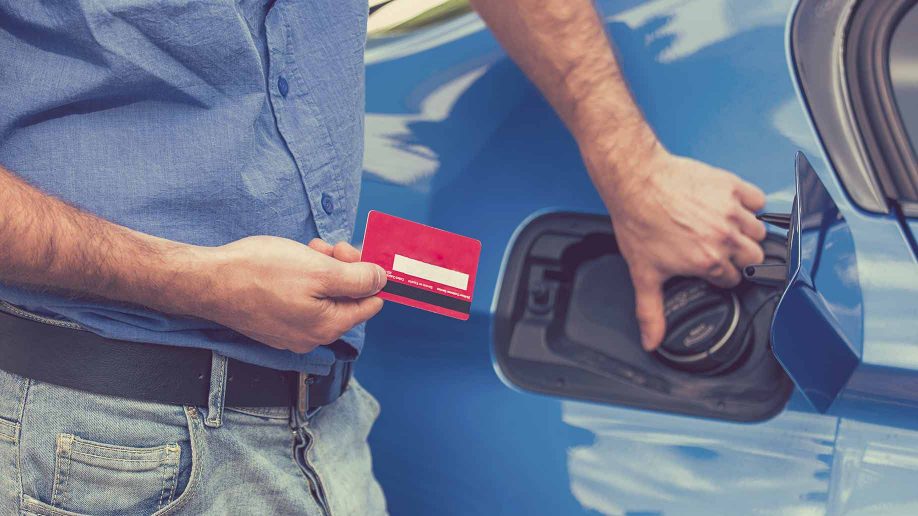
Ever since card facilities became a popular option, many people stopped using cash to pay for fuel. There’s room for error, loss and theft and running an account with one or more petrol stations isn’t feasible for businesses.
Company fuel cards, linked directly to a vehicle, are a much better option, but many companies gripe about the true costs. However, the convenience a fuel card gives, make it worth the extra expense for many fleet managers.
There are a variety of fuel cards to choose from. Some function similar to standalone credit cards and the full balance must be settled each month, whilst others are linked to a central account and the balance on the central account must be paid every month. Companies can choose a garage card linked to a bank or they can opt for fuel cards with specific fuel brands (such as Shell) and qualify for rebates.
For these cards you are likely to pay for the following costs:- Admin/Card fee
- Transaction fees
- Tollgate fees (most charge a transaction fee for toll gates)
- Interest
- System access fees
- Rebates
Advantages
Despite additional costs, fuel cards are a savvy choice for any fleet manager. It greatly reduces the risk of fraud and misuse of funds. The best thing about a fuel card is that you can track and monitor costs. Willie Venter, the Consulting Manager at EQSTRA Fleet Management, lists the following benefits of using fuel cards:
- You can identify driver behavioural trends via calculating actual fuel consumption using the fleet card data
- Since the card is linked to a vehicle which in turn can be linked to an employee you are able to identify drivers that need to be managed or trained.
It is very useful to have those insights when you’re analysing your fleet expenses and comparing the total cost of operation to the real cost of operation. He says,
”It is also beneficial to combine your fuel card and telematics provider as you would be able to compare actual fills with your telematics mapping to put the vehicle at point of sale.”
You receive a full report at the end of each month and can see exactly when, where and why the card was used. Most providers also have a fraud detection service, which could save you a fortune in the long run. These reports give fleet managers insight into where costs could potentially be saved and which areas of the fleet process need to be optimised. This information is a very effective tool.
So yes, if you’re managing a fleet, the cost of a fuel card is definitely worth it. The data collected by using a fuel card is valuable and you should look at it as ‘paying’ for this insight and information. And the money saved by avoiding fraud or theft far outweighs the costs linked to the card. When it comes to private use, it’s fair to say that the costs of an additional card may no longer be justified, but when you’re managing a fleet a fuel card is an essential tool to running a smart and effective operation.
Join the world of fleet management and receive tips and insights straight into your inbox by subscribing to our blog.
